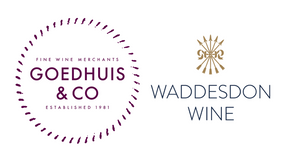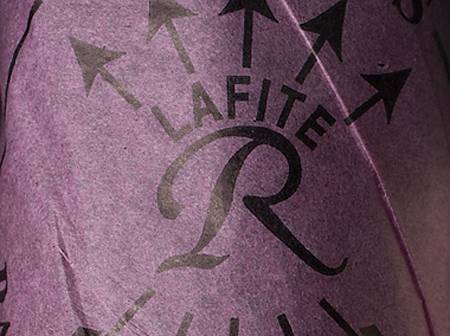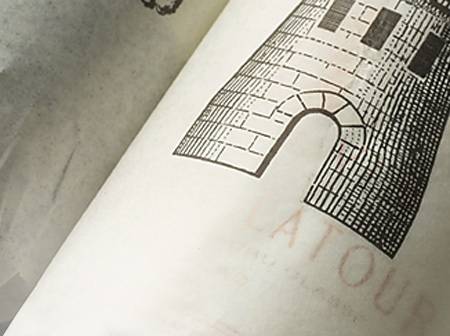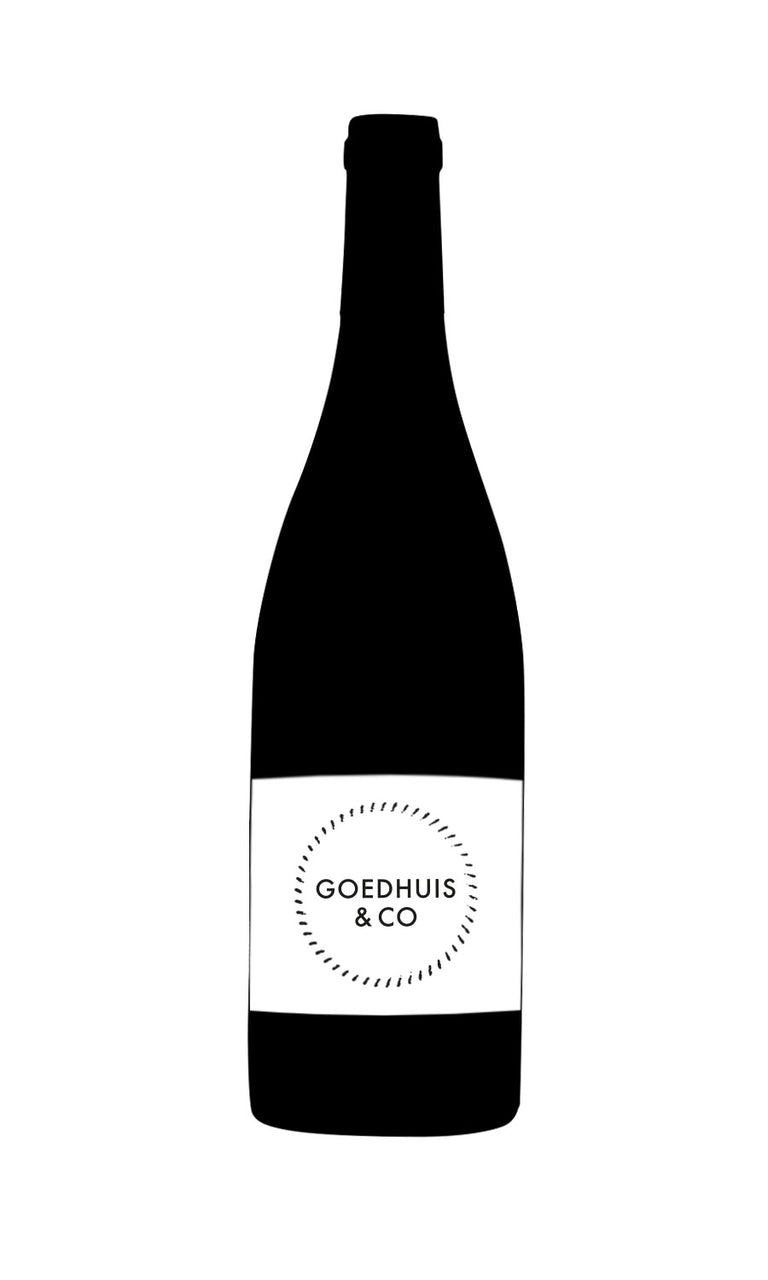
- Colour White
- Producer Helmut Dönnhoff
- Region Nahe
- Drinking 2025 - 2050
- Case size 6x75cl
- Available Now
2020 - Oberhauser Brucke Riesling Spätlese Dönnhoff - 6x75cl
- Colour White
- Producer Helmut Dönnhoff
- Region Nahe
- Drinking 2025 - 2050
- Case size 6x75cl
- Available Now
Select pricing type
Need help? Call +44 (0)20 7793 7900 or email wine@goedhuiswaddesdon.com.
-
Wine Advocate, August 2021, Score: 96
The 2020 Oberhäuser Brücke Riesling Spätlese is super clear, refined and fresh on the rather coolish but fruit-intense and elegant, slightly flinty nose. Salty-piquant and highly stimulating on the palate, this is a gorgeous, very elegant and juicy Riesling with a crystalline, laser-sharp acidity that is highly refined as well and carries this Spätlese to a long and intense finish. 8.5% alcohol. Drink 2021-2060.
-
Jancis Robinson, August 2021, Score: 18.5
The Brücke, in sole ownership of the Dönnhoff family, owes its unique and complex fragrance and flavour to a great diversity of soil components. Still a little reticent at this youthful stage, it exhibits a fine fragrance with fruity, spicy and floral aromas. Although on the palate stone fruit and yellow plums are ripe, they don’t come across as excessively sweet and are expertly balanced by tingling acidity. Racy and vibrant. Drink 2020-2040.
Producer
Helmut Dönnhoff
Dönnhoff is one the best producers in all of Germany and the estate is arguably the most famous outside of the Mosel valley. The family domaine dates from 1750 and is comprised of 28-hectares in the Nahe, a region located southeast of the Mosel. Its climate unexpectedly evokes the Mediterranean, and its soils are comparable to the Mosel with the addition of clay, though not as steep. The combination of these 2 elements seem...Read more
Dönnhoff is one the best producers in all of Germany and the estate is arguably the most famous outside of the Mosel valley. The family domaine dates from 1750 and is comprised of 28-hectares in the Nahe, a region located southeast of the Mosel. Its climate unexpectedly evokes the Mediterranean, and its soils are comparable to the Mosel with the addition of clay, though not as steep. The combination of these 2 elements seems to give the best of both worlds - the focus and minerality of the Mosel as well as the fleshy fruit of Germany's warmer regions. The vines have been passed on from father to son to grandson and now the fourth generation holds the reins. Cornelius Dönnhoff took over from his father Helmut in 2007 after 8 years of training. Cornelius continues his father's natural (and perfectionsit) winemaking philiopshy, producing wines of extraordinary power, concentration and complexity. Spellbinding and thought-provoking, they are worth discovering.Read less
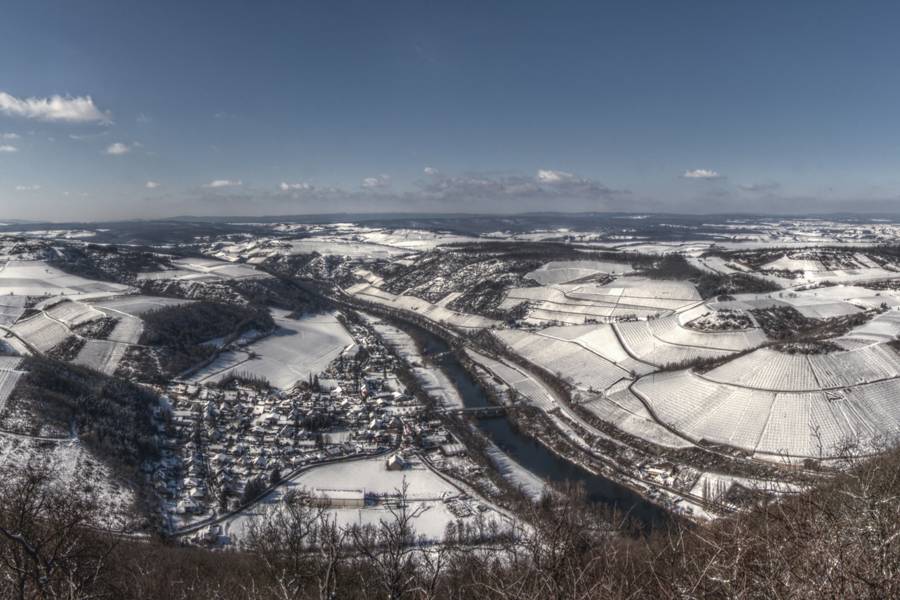
Region
Nahe
Nahe is located to the south east of the Mosel. Its climate unexpectedly evokes the Mediterranean, and its slate soils are comparable to the Mosel with the addition of clay, though not as steep. The combination of these two elements seems to give the best of both worlds - the focus and minerality of the Mosel as well as the fleshy fruit of Germany's warmer regions.
